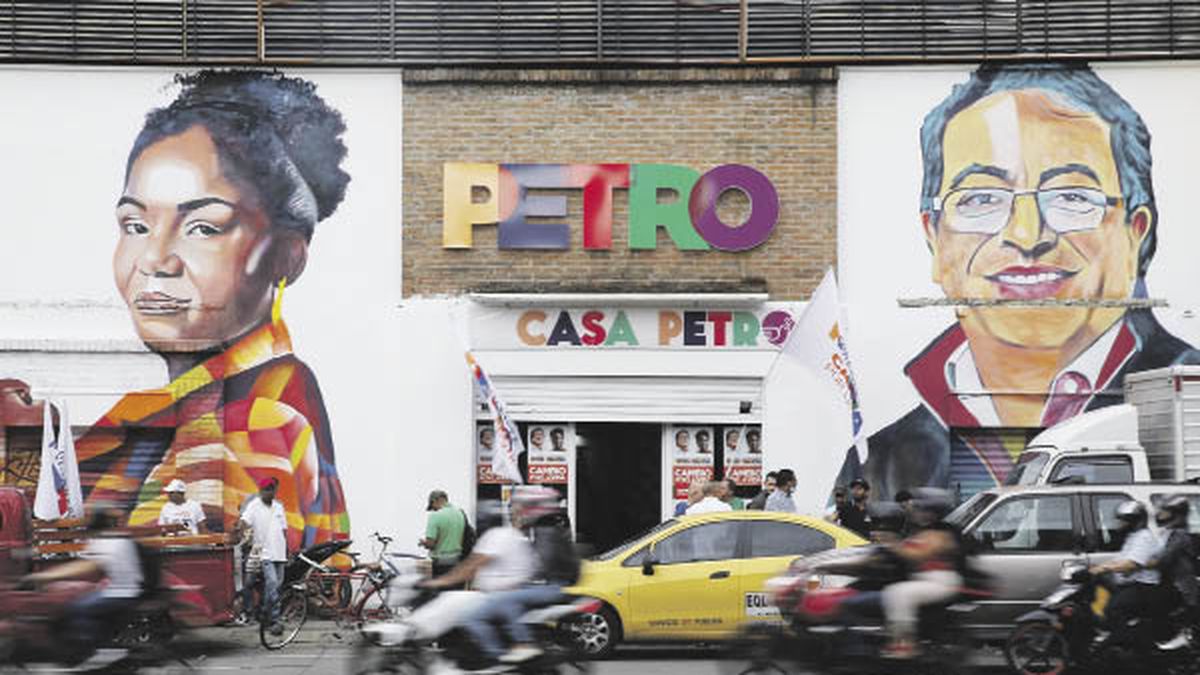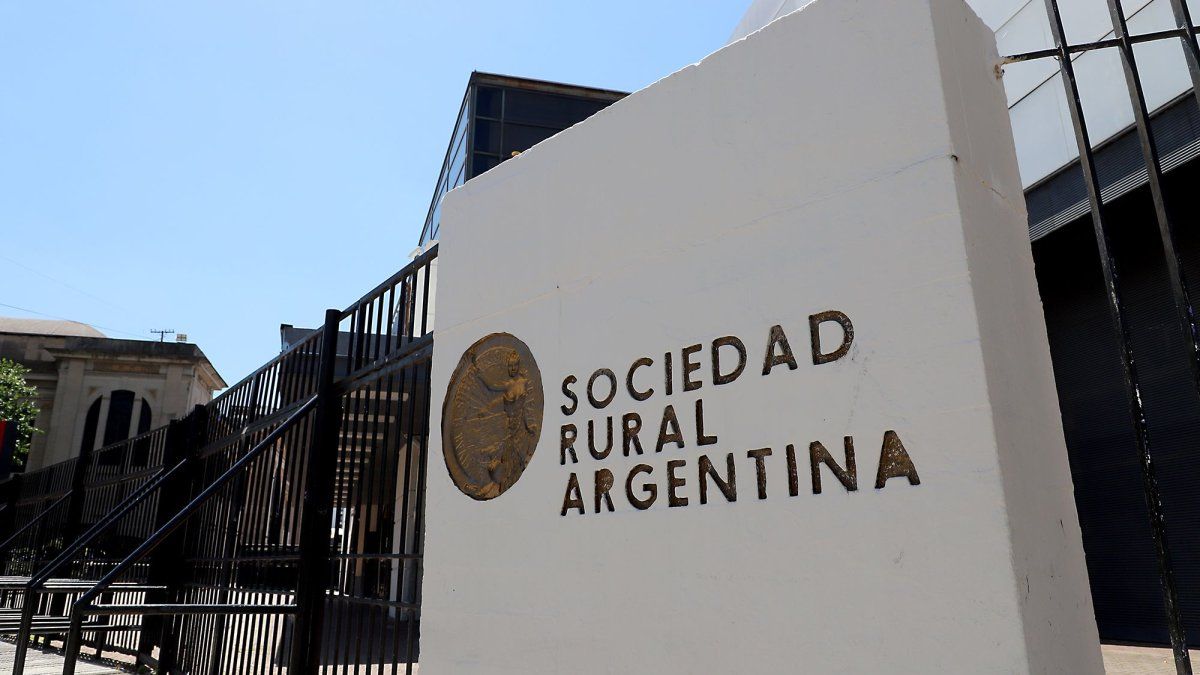According to the OECD, Colombia’s tax revenues only represent 20% of the gross domestic product (GDP), while “60% of workers are in an informal situation, which excludes them from access to social security and reduces productivity and tax revenues.
This was pointed out by the work “Economic Studies of the OECD” in its chapter dedicated to Colombia and released in February, which showed that there are “high social contributions on work” that “slow down the creation of formal employment and maintain a high labor informality” .
The pandemic, which left behind 139,833 deaths and from which 6,099,111 people were infected, highlighted the “gaps” in the issue of “social protection”, in particular with “informal workers”, he added. , while revealing that “income assistance programs are highly fragmented.”
Not to mention that half of those over 65 years of age do not have a pension, while “benefits for contributory pensions are regressive.”
Hard data
The macroeconomic figures are not the best either: public debt in 2021 was estimated at 63.8% of GDP, annualized inflation for April stood at 9.23% and in the first four months of the year it was 5.66% , according to figures from the National Administrative Department of Statistics (DANE).
Recent surveys have shown that one of the issues that most worries Colombians, in the midst of the crisis, is corruption.
The Foundation for Higher Education and Development (Fedesarrollo), the most important center of economic thought in the country, published a study on the phenomenon that included the participation of 130 experts. According to this, the “corrupting agents” in the country are divided into three categories: “client networks” linked to politics; those who are behind the “big economic interests”, including economic groups and landowners; and organized crime.
For that center of thought, corruption “usually originates in the electoral system”, because that is where those who exercise power are “captured”, who end up subject to private interests.
Pop
This state of affairs, added to the problems in general access to free higher education and a mistaken tax reform proposed by the government of Iván Duque last year, led to a social outbreak, which had had a first version at the end of 2020. The State’s response to social demands in the streets was violent, as evidenced by the hundreds of videos that spread on social networks, in which the Police were seen assaulting, beating and even shooting protesters.
The administration of Duque, the most unpopular president in the last 30 years according to opinion polls, sought to impose the narrative that the use of violence was justified by the action of “vandals”, while the country’s mainstream press echoed of the official version.
At the end of December 2021, the office in Colombia of the UN High Commissioner for Human Rights, Michelle Bachelet, affirmed, based on figures and testimonies collected, that there were “well-founded reasons” to indicate that the authorities made “a disproportionate use of force.
That office received complaints of 63 people killed during the 2021 protests, of which 46 had been verified -44 civilians and two police officers-, adding that there were “reasonable grounds” to ensure that at least 28 of those deaths should be attributed to the Policeman.
mafias
The country, which entered a spiral of confrontation and division after the peace agreement with the FARC, also faces the challenge of the growth of criminal gangs, renegades of the peace treaty and the expansion of the ELN guerrilla group, all involved in wars for control of territories that previously belonged to the FARC, many of which coincide with drug trafficking routes.
ANSA Agency
Source: Ambito
David William is a talented author who has made a name for himself in the world of writing. He is a professional author who writes on a wide range of topics, from general interest to opinion news. David is currently working as a writer at 24 hours worlds where he brings his unique perspective and in-depth research to his articles, making them both informative and engaging.




